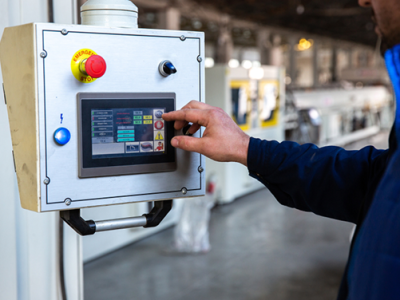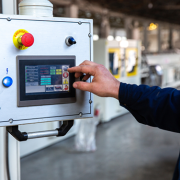In any construction site, noise pollution is an inevitable side effect. With countless machines, vehicles, and human activity, noise levels can reach extremes, causing disturbances to both workers and local residents.
Sound barriers are a common solution employed by construction companies to reduce noise pollution in these settings. These barriers are physical structures that reduce the transmission of sound waves, thereby limiting the reach and impact of noise generated by construction activities. While sound barriers may seem like an extra expense, they can provide substantial benefits such as the following:
Nearby residents benefit from reduced noise levels from construction sites.
Construction sites are notorious for generating high levels of noise that can be a nuisance for nearby residents. The use of sound barriers can significantly reduce this noise pollution and improve the quality of life for those living in close proximity to construction sites.
Sound barriers are designed to absorb and reflect sound waves, which helps to reduce the amount of noise that penetrates outside the construction area. As a result, nearby residents benefit from reduced noise levels during construction, which can have a positive impact on their health and well-being. The use of sound barriers is a proactive step that construction companies can take to minimize the negative impact of their operations on surrounding communities.
Workers on the construction site benefit from a safer working environment with less noise interruptions.
Sound barriers are vital in any construction site as they have numerous benefits to all parties involved. In particular, the presence of sound barriers provides a safer working environment for workers in the construction site. Once installed, the barricades significantly reduce noise interruptions from external sources such as traffic, machinery or other equipment, enabling workers to concentrate on their tasks without any distractions.
Improvement in noise levels has been linked to better work quality and increased job satisfaction. Additionally, the absence of unwanted noise can reduce frustration and stress levels experienced by workers, positively affecting their mental health. As such, sound barriers play a critical role in enhancing worker safety, improving the quality of work, and promoting good mental health on construction sites.
The local environment benefits from reduced noise pollution.
One of the key benefits of sound barriers in construction sites is the reduction of noise pollution. This is a significant advantage for the local environment, as excessive levels of noise can have detrimental effects on both the physical and mental health of individuals.
By installing sound barriers, construction sites can minimize their impact on nearby communities, reducing the potential for disturbances such as sleep deprivation and anxiety. In addition, the planting of shrubs or trees as sound barriers can also have positive environmental effects, as they help to absorb carbon dioxide and other pollutants, improving the overall air quality of the surrounding area.
Businesses in the area may benefit from less construction noise affecting their operations.
Businesses located near construction sites may be heavily impacted by the noise generated during construction activity. Sound barriers erected around these sites can mitigate the noise pollution, resulting in a reduction of noise levels that can affect businesses in the surrounding area.
By reducing the noise levels in the area, businesses may be able to work more efficiently and provide a more comfortable experience for their customers.
In conclusion, sound barriers provide a practical solution to protect both workers on construction sites and individuals located in the surrounding communities. Reducing noise pollution has become a top priority for many cities.
By installing sound barriers in construction sites, the health and safety of people in the local community can be protected from the effects of construction noise. The added benefit of increased privacy for construction workers, along with improved communication, makes sound barriers a win-win solution for all involved.









Comments